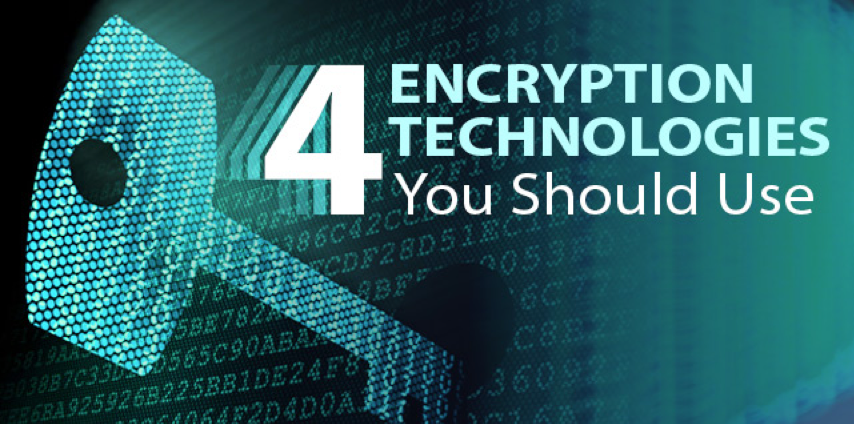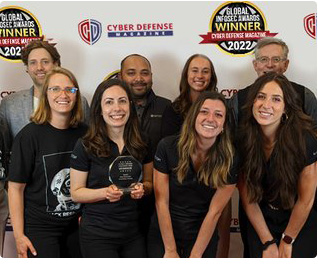How are you encrypting data in your organization?
The number of users, clients, and organizations who access the internet to share data is growing. As of April 2017, there are over 3.8 billion users on the internet (The Next Web). These people exchange personal data almost every day, including whenever they shop online, check their banking information, take online education classes, request test reports from their healthcare providers, and submit annual tax documents.
As people share, transfer, and store sensitive data online, it’s imperative for organizations who handle this information to protect it using strong encryption practices. This especially applies to businesses who need to meet state, federal, or industry compliance requirements. Using homegrown encryption methods or, worse, sending communication in the clear just won’t cut it anymore. Cyber crime is evolving. Without proper encryption, it’s only a matter of time until vulnerable organizations are hit with a data breach and potentially put out of business forever.
Finding the right method of encryption for your organization can be overwhelming, but the alternative isn’t acceptable. Don’t let a data breach happen to you. Take the time to find an encryption technology that works in your environment.
To get you started, here are four modern encryption technologies we recommend using:
1. OpenPGP
OpenPGP is an encryption protocol that uses key pairs to secure your files. If you need to use public and private keys in your organization to give your data a high level of protection, this may be the protocol you want to use. OpenPGP also allows you to verify the authenticity of received data by requiring files to be signed with the digital signature of the message creator.
Related Reading: PGP, OpenPGP, and GPG: What They Are and When to Use Them
2. TLS
Transport Layer Security (TLS) is a cryptographic encryption protocol that allows users to encrypt their file transfers over industry standard protocols like AS2, FTPS, and HTTPS (to secure web browser connections). TLS uses x.509 certificates to allow TLS-enabled servers and clients to securely connect to and authenticate each other.
Since these certificates contain information about the entity it represents, TLS provides a high level of protection by requiring specific certificate details (e.g. the entity that signed the certificate, the expiration date, the certificate’s public key, and the entity’s digital signature).
Helpful Tip:Organizations who need to be PCI DSS compliant should use TLS 1.1 or higher after June 30, 2018 if they want to be compliant.
3. SSH
Secure Shell (SSH) is cryptographic network protocol that encrypts file transfers over industry standard file transfer protocols like SFTP and SCP. For organizations who need a bit more flexibility in their authentication methods, SSH uses a combination of asymmetric and symmetric cryptology to provide strong protection. Files that are transferred using SSH can be set up to authenticate using passwords, SSH keys, or a combination of both.
Helpful Tip:Some secure file transfer solutions that support SSH, like GoAnywhere MFT, come with an integrated Key Management System (KMS) that can be used to create and maintain SSH keys, OpenPGP keys, and SSL certificates that can be associated with a TLS client connection.
4. AES
The Advanced Encryption Standard (AES) is a symmetric form of encryption cipher that organizations can use to protect their files when stored at rest or on the move. AES is a standard accepted by the federal government.
Looking for a better way to encrypt your data? A managed file transfer solution like GoAnywhere MFT can help. GoAnywhere implements these popular encryption technologies (and more!) from an easy-to-use web interface. Explore our free OpenPGP encryption tool or request a demo of our full solution to learn more.
Source: HelpSystems





 We are in our 11th year, and Global InfoSec Awards are incredibly well received – helping build buzz, customer awareness, sales and marketing growth opportunities, investment opportunities and so much more.
We are in our 11th year, and Global InfoSec Awards are incredibly well received – helping build buzz, customer awareness, sales and marketing growth opportunities, investment opportunities and so much more.